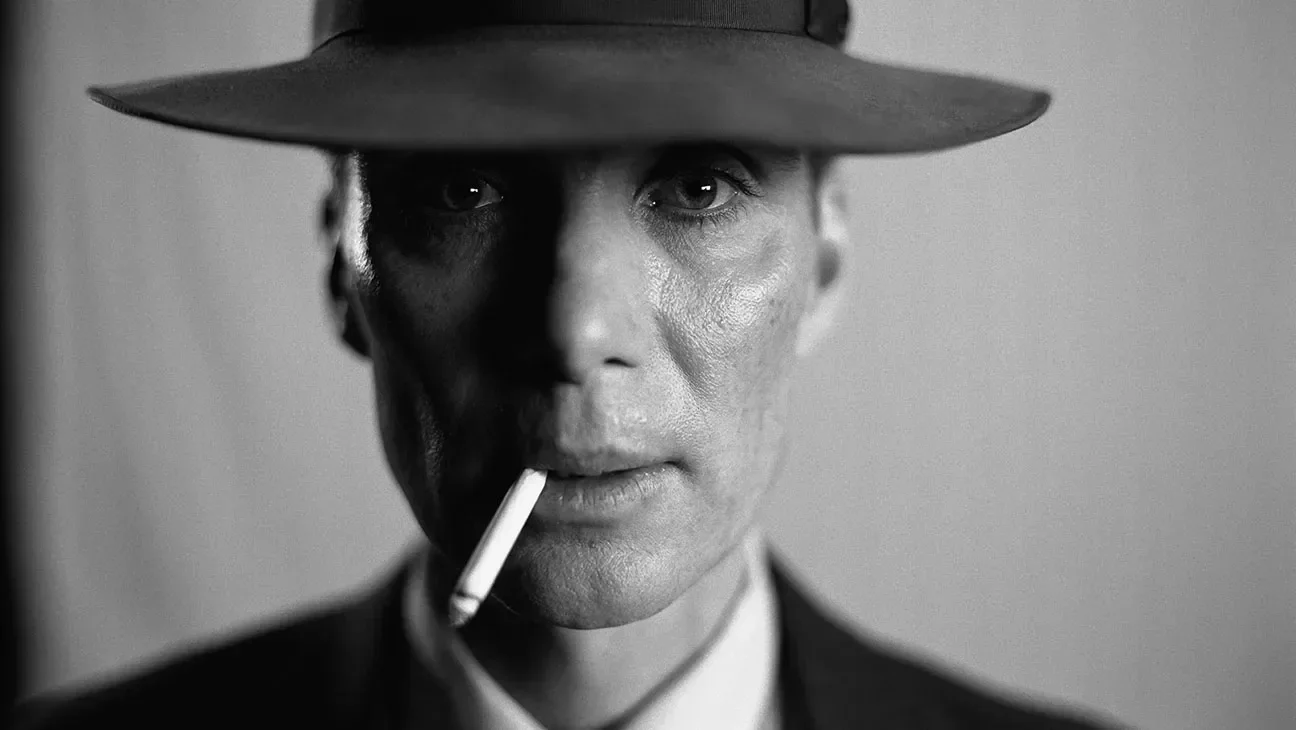Oppenheimer
“The movie it is.” That grammatically flawed phrase needs to be evaluated when reviewing Oppenheimer.
The key performance in the movie is that of Cillian Murphy as the titular character. His portrayal portrays J. Robert Oppenheimer as always reflecting. When Robert goes to a scene with the adrenaline to formulate a plan, he is reflecting. When Robert quietly stares at nothing and contemplates his current thoughts, he is reflecting. In one frosty part of the film, Robert is not sleeping but lies awake on his back, being incredibly anxious about thoughts of particles. Robert is always reflecting as he is incredibly anxious, but isn’t frenetically anxious because of a calm mask that he presents.
The reason the movie Oppenheimer is the movie it is is because of Christopher Nolan.
Despite Nolan, the movie is also the movie it is because of collaboration and teamwork. The team, both cast and crew, was just incredible on this movie
is a striking film that explores a man who has completed actions that make him question what he has already done, what he is currently doing, and what happens next. He stressed that the bomb is not the pain; he just uses it as a way to blame the pain on something.
The title character is always in a state of trance, with thoughts that reflect his anxiety. He is a chara (questions decisions)
He presents himself as serious and not caring for the events happening around him, and is just _ with them. He’s an amazement to the people around him, not because he is a genius, but because he presents himself as a serious _ who’s able to _. On the inside, he is scared and anxious. He feels angered by the mistakes of his past and how they have changed his life.
Matt Damon and RDJ become jealous of him, even though they're in a higher position _ of _ than he is _.
Robert stands strong for his beliefs in conversations about the scientific effects of the explosion. He passionately believes what he is saying and argues for his beliefs even when people dismiss them or tell him he's wrong. They throw stupid crap at him like the rules of the discussion or being pessimistic/optimistic (stuff like “I'm trying to be positive” or “We have a time limit in this discussion”, “let’s not fight” “Act calm”) while he doesn’t throw crap and argues for what he believes what passion as he’s seen the stuff that he argues for and uses wide examples while they use crap like 1 in a million.
He reveals important truths to historians, and they dismiss him (“apologize that”). The only way you can truly help people is by not accepting political correctness.
I don’t have to say all these fancy words to be taken seriously. It's fine to use the same word 10 times.
After the conversations or upon recalling them, he becomes sad because he realizes he said everything but drew no attention to himself.
The film presents its conflict through speech and discussion. When the stress of a person's feelings about their words is present in a conversation, the pauses between them become shorter, and their voice intonation becomes louder or more furious.
J. Robert Oppenheimer, portrayed by Cillian Murphy, is _. Living as a scientist in 1940s America, the government wants him to _ after discovering _. He is joined by his wife, Kitty, a scientist on the project, but watches their baby while Robert goes to work. She and Robert have a _ relationship as she gets exhausted by the _ of Robert’s project as well as _ about _. He values the importance of analysis, observing others' speeches with deep concentration. When giving a response to their _, he replies with statistical information. If they challenge him on those statistics, he replies by finding a short way to avoid being _ in the conversation. Robert is a person who always thinks about himself and his actions. Whenever he makes a choice, he questions it more than the other characters. For example when
The trial being set up by Strauss was
